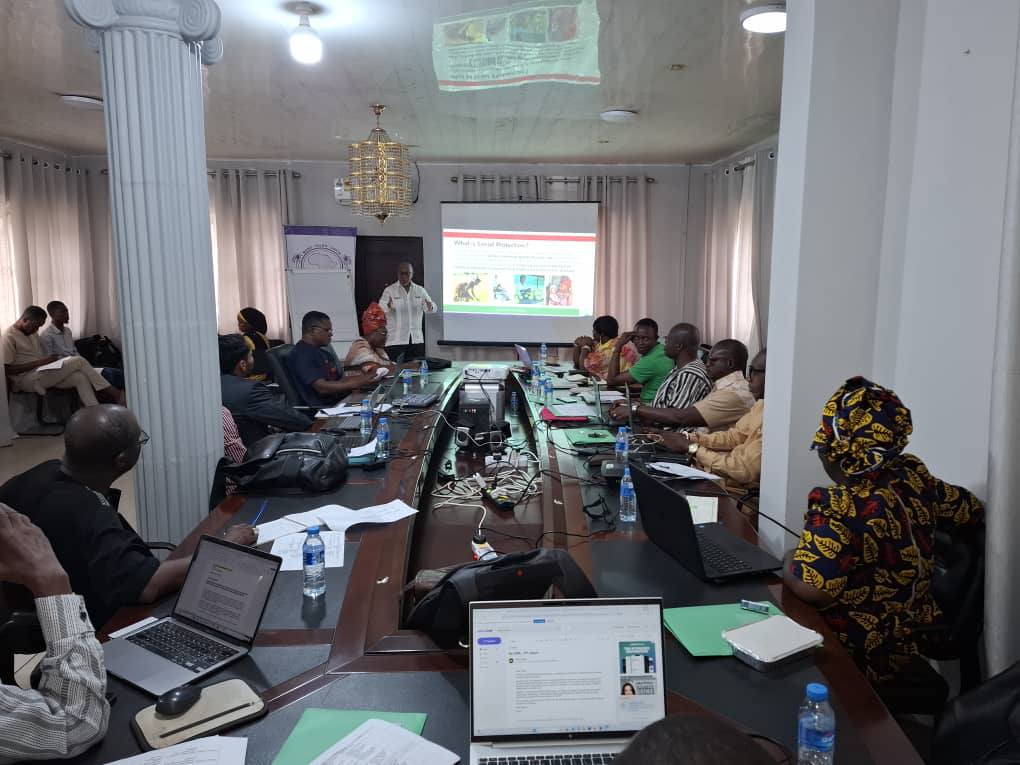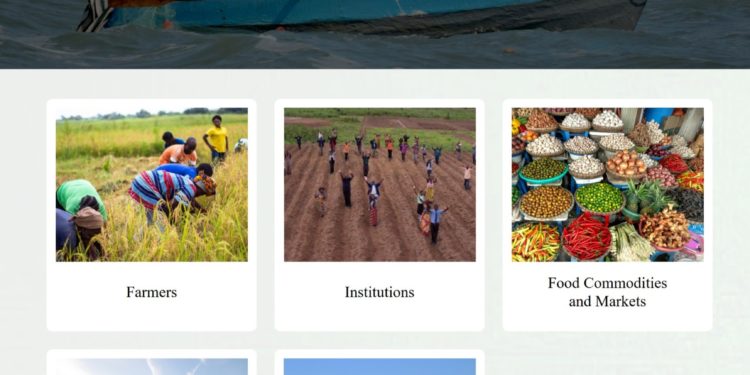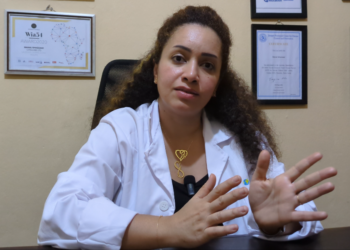By Kemo Cham
The Food and Agriculture Organization of the United Nations (FAO) has launched an innovative platform designed to enhance data management and coordination of agricultural activities within member states of the Mano River Union (MRU).
The Digital Farmer Registry, which was developed in collaboration with the MRU Secretariat in Freetown, is part of efforts to strengthen food security in the region.
MRU is an intergovernmental organization comprising four neighboring countries – Liberia, Sierra Leone, Guinea, and Côte d’Ivoire. With a population of roughly 60 million people, it focuses on regional cooperation and promoting peace, stability, and prosperity through trade, social progress, and cultural advancement in member states.
The MRU Secretariat, which is based in the Sierra Leonean capital, Freetown, implements its day-to-day activities. Officials at the Secretariat say the Digital Farmer Registry is part of its efforts to modernize agricultural data management and enhance food security policies in the member countries. They add that it also promises to foster greater efficiency, transparency, and collaboration in agricultural development.
A digital farmer registry facilitates the registration and management of farmers and uses digital tools to connect them with resources and services. The platform creates a centralized database or system that holds information about farmers, their land holdings, crops, and other relevant details. It also seeks to facilitate access to resources and support in the form of credit, insurance, and other services.
This platform can also provide valuable data for policymakers, extension services, and other stakeholders to make informed decisions about agricultural development.
The platform was handed over to the MRU Secretariat on Tuesday, April 1st, at the end of a three-day training session designed to provide the knowledge necessary to effectively operate it and interface with national farmer registries in ensuring seamless information sharing and policy alignment.
“This platform is a tangible proof of our shared commitment to addressing critical gaps in social protection and ensuring the inclusion of rural agrifood workers in national and regional development strategies,” Mrs Ama Gborie Foday, Deputy Secretary General of MRU, said at the training session.

Developed by Smartconekt, the Digital Farmer Registry Platform aims to provide regional oversight of agricultural workers and informal laborers. The MRU Secretariat also said that it would enhance policy coordination, enable targeted interventions, and improve the livelihoods of farmers across member states.
The collaboration between FAO and MRU began in 2024 with the signing of a MoU that led to a joint assessment on social protection and food security within the member states. The assessment also sought to understand the linkages within communities.
A joint work plan was developed from recommendations emanating from the assessment. The development of the Digital Farmer Registry platform was one of action points identified.
The MRU does not have the mandate to collect data directly from member states. And this platform, according to Harding Wuyango, Assistant FAO Representative in Charge of Programs, will allow the Secretariat to provide regional oversight, in consultation with national institutions.
“We will collaborate with the Ministry of Agriculture and the National Farmers Federation to register farmers, understand their needs, and address their challenges, including market linkages and input requirements,” he said.
“Imagine being in Sierra Leone and using the platform to see what’s happening across the region. It will enable market linkages within the MRU, providing a comprehensive view of agricultural activities,” Mr Wuyango told participants at the training session which included representatives from the Ministry of Agriculture of Sierra Leone and Secretariat staff.
“The platform is more than just a technological advancement,” noted Saeed Abubakar Bancie, FAO Representative in Sierra Leone, describing it as a “powerful enabler of inclusive, data-driven agricultural policies, planning and decision-making.”
MRU Secretary General, Simon M.B Harrison, said the initiative serves as a catalyst for agricultural growth, economic empowerment and regional integration.






















